RHI: Lawyer recommended not sharing audit with PSNI
- Published
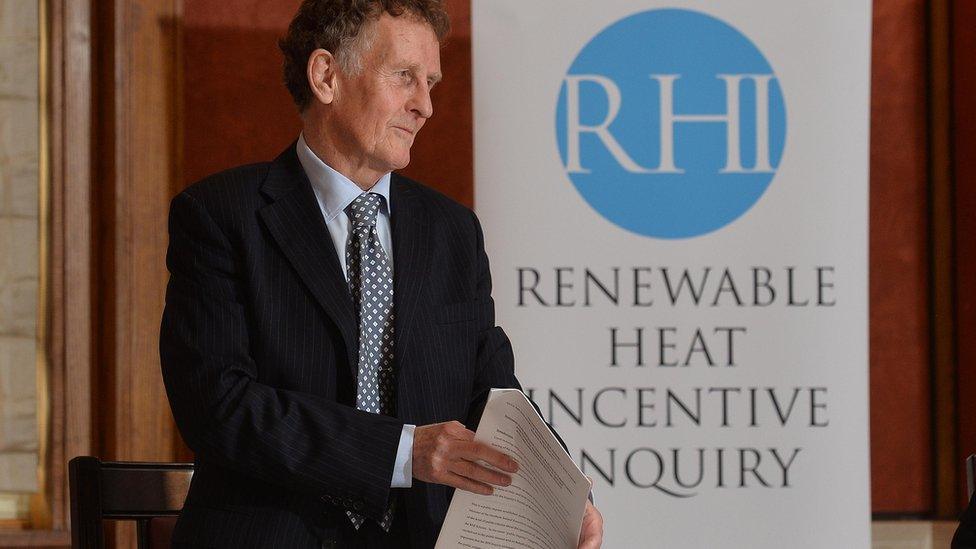
The RHI public inquiry is being chaired by Sir Patrick Coghlin and heard 111 days of oral evidence
A top lawyer in the organisation running the RHI scheme advised a colleague not to share a site audit with police investigating a DUP SPAD for fraud, the inquiry has been told.
John Jackson was a senior figure in Ofgem, which administered the scheme on behalf of the Economy Department.
The inquiry into the Renewable Heat Incentive (RHI) scheme is holding three days of closing hearings this week.
The scheme was set up in 2012 to boost uptake of eco-friendly heat systems.
However, huge subsidies led to a potential bill of £490m for NI taxpayers.
The inquiry is sitting for the final time on Wednesday, Thursday and Friday this week to hear closing arguments before the three-member panel retires to consider its findings.
Mr Jackson told a colleague that under data protection laws she should not give the PSNI an audit done on a boiler belonging to DUP adviser Stephen Brimstone.
It followed an anonymous allegation naming the first minister's SPAD, and alleging abuse of the scheme.
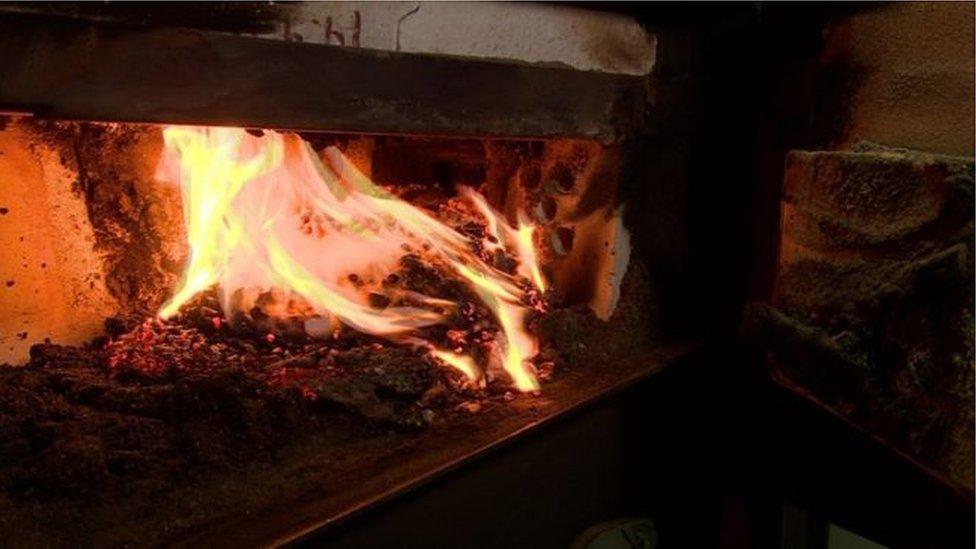
The RHI scheme was established to encourage uptake of eco-friendly heat systems over the use of fossil fuels
Mr Brimstone had fitted the non-domestic boiler in a shed at his house.
It was mostly used to heat his home.
But his application suggested heat was also provided to the shed which was sometimes used for lambing and other agricultural purposes.
'Little or no evidence'
The Ofgem audit found little or no evidence to substantiate that claim but after further information supplied by Mr Brimstone, it ruled that his installation was compliant with scheme rules.
When the PSNI received a similar allegation in October 2016 that Mr Brimstone was abusing the scheme, they contacted Ofgem.
By then Ofgem had done their site audit.

RHI claimants could effectively earn a profit by burning wood pellets in their boilers, and some installed multiple smaller boilers to be eligible for the most lucrative subsidy
However, Mr Jackson advised his colleague not to pass on the audit report.
When she queried the decision he told her that while they should assist the police "we should only do so if we are convinced that they have good reasons to be investigating him".
Mr Jackson told her the existence of the report could not be shared with the police, but they could be told Ofgem had completed its investigation and had found no "cause for concern".
Inquiry counsel Joseph Aiken pointed out that there were exemptions under the data protection act which meant information could be disclosed to prevent or help detect crime.
He said Mr Jackson's advice to his colleague did not "sit easily" with the inquiry team.
'Guessing game'
He said it was difficult to see how the legislation would have been intended to operate in a way that "created a guessing game" for law enforcement agencies.
He said if that were the case the inquiry might want to recommend it be reviewed and changed as necessary.
Inquiry chairman Sir Patrick Coghlin said either Mr Jackson's assessment was wrong or the data protection act was "inhibiting" police investigations into people unlawfully obtaining payments of public money.
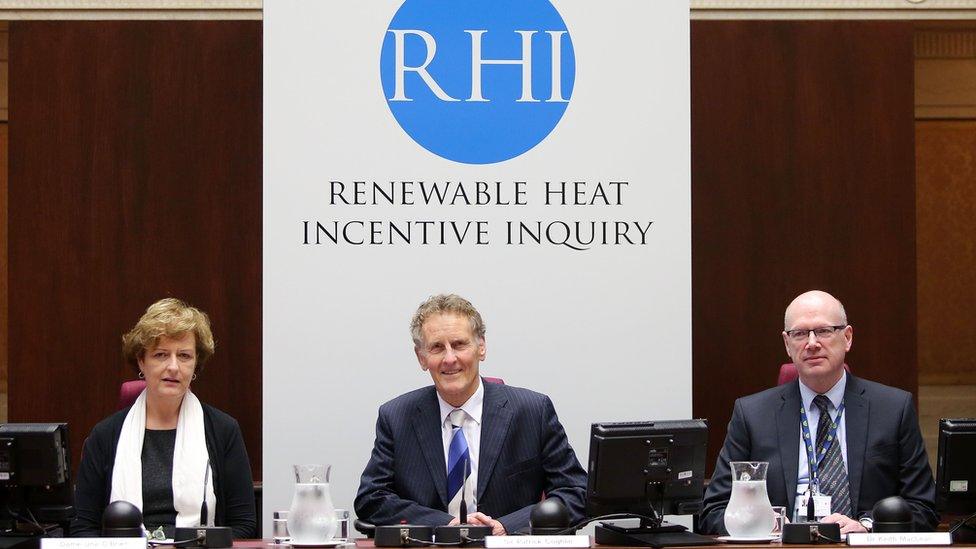
The RHI Inquiry panel is made of up of Sir Patrick Coghlin (centre), Dame Una O'Brien and Dr Keith MacLean
The inquiry had previously been informed that Land and Property Services (LPS) had assessed the outbuilding housing Mr Brimstone's RHI-registered biomass boiler and classified it as an agricultural building.
However, on 22 November, LPS revised its valuation and reclassified the building as a domestic store.
"Ofgem are considering that further information in the context of the application eligibility under the RHI scheme," said Joseph Aiken.
The RHI inquiry's panel, chaired by Sir Patrick Coghlin, is likely to publish its report at some stage in 2019.
Closing submissions
On Wednesday afternoon, lawyers for several of the key participants made closing submissions to the inquiry.
They included the Economy and Finance Departments and OFGEM, which administered the scheme.
Counsel for the Economy department said it accepted responsibility for the "lions share" of the scheme failings.
But she pointed out that it has also relied heavily on assurances from experts, including consultants who had been paid to design the scheme and OFGEM which had been contracted to run it on the department's behalf.
And she said blame for part of the delay in introducing cost controls in the Autumn of 2015 could be laid at the door of politicians and the "political machinations of SPADs".
A lawyer for the Finance Department accepted it should have been clearer with colleagues in Economy about the limitations of the scheme budget and how it ought to have been thought of as a limited pot of public money.
- Published26 October 2018

- Published24 October 2018
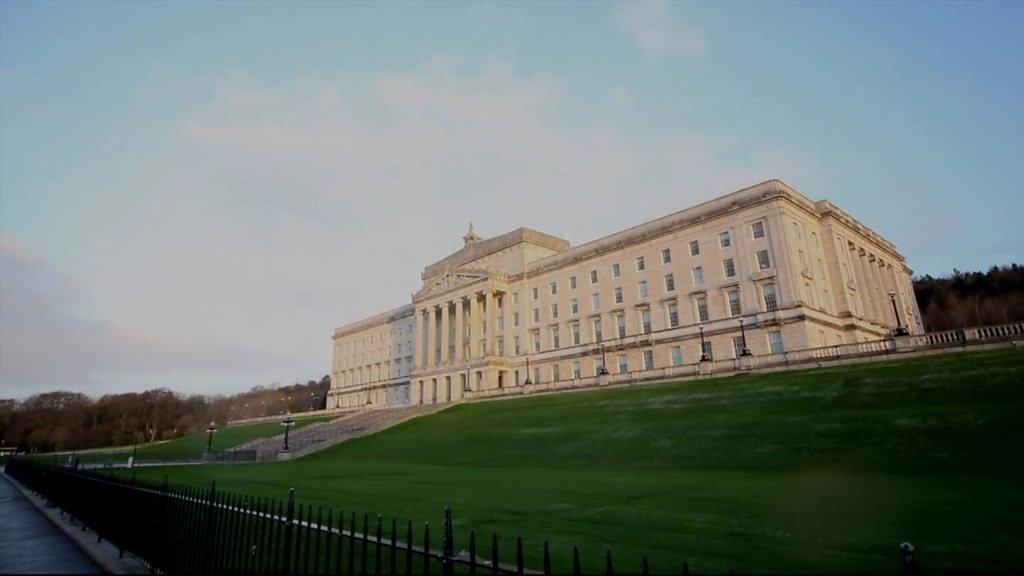
- Published23 October 2018
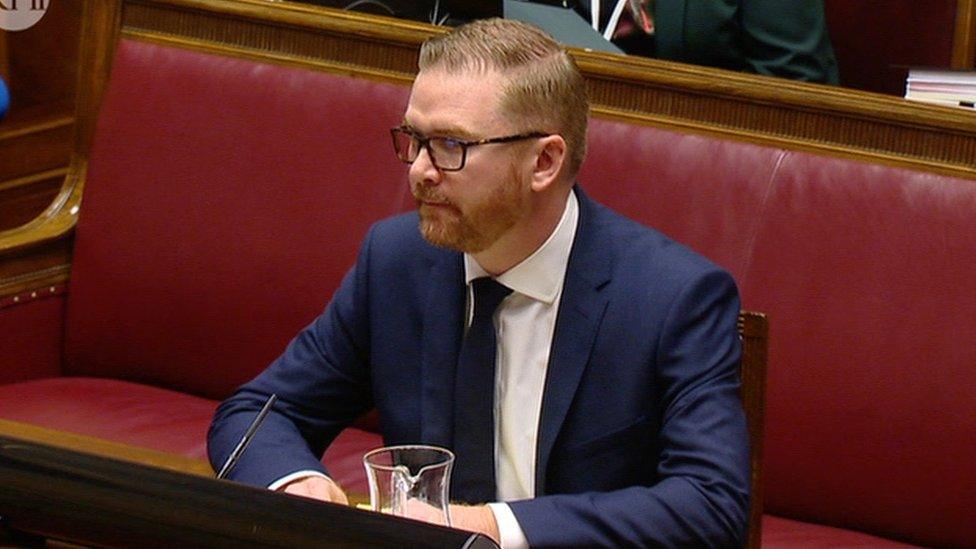
- Published10 October 2018

- Published5 October 2018
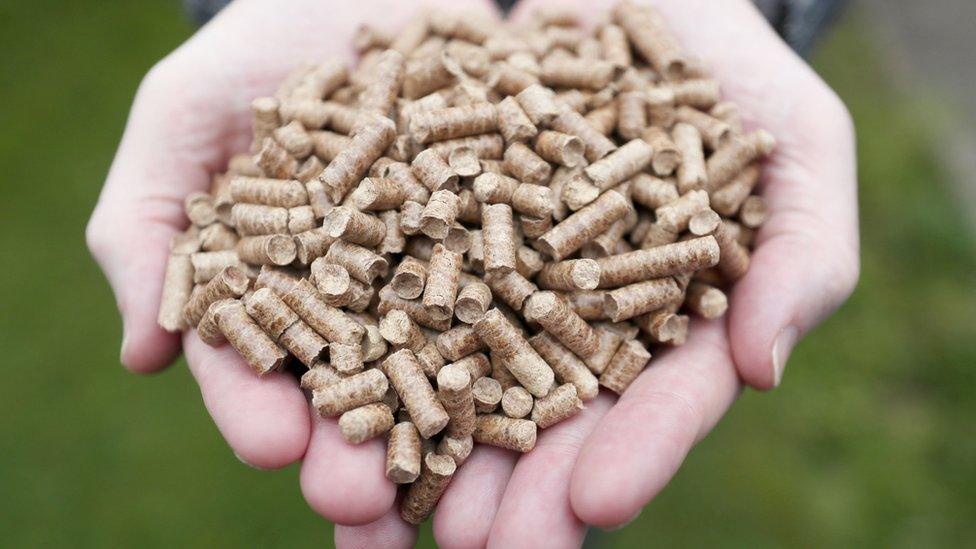
- Published5 September 2018
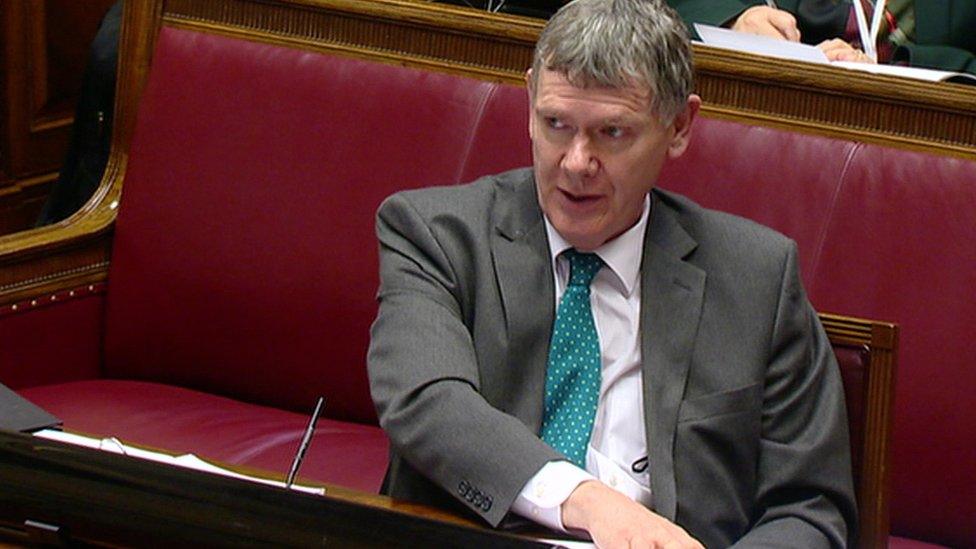
- Published4 September 2018
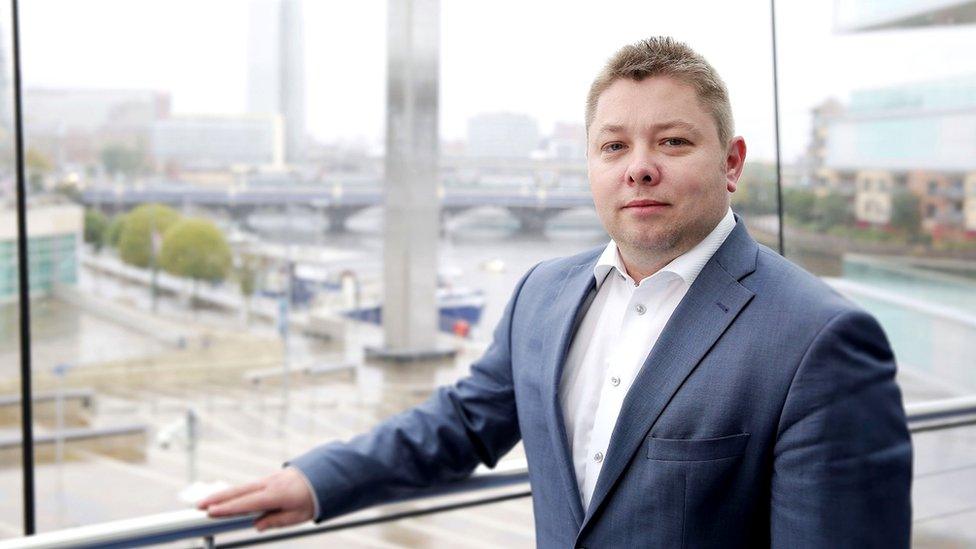
- Published23 October 2019

- Published7 November 2017
